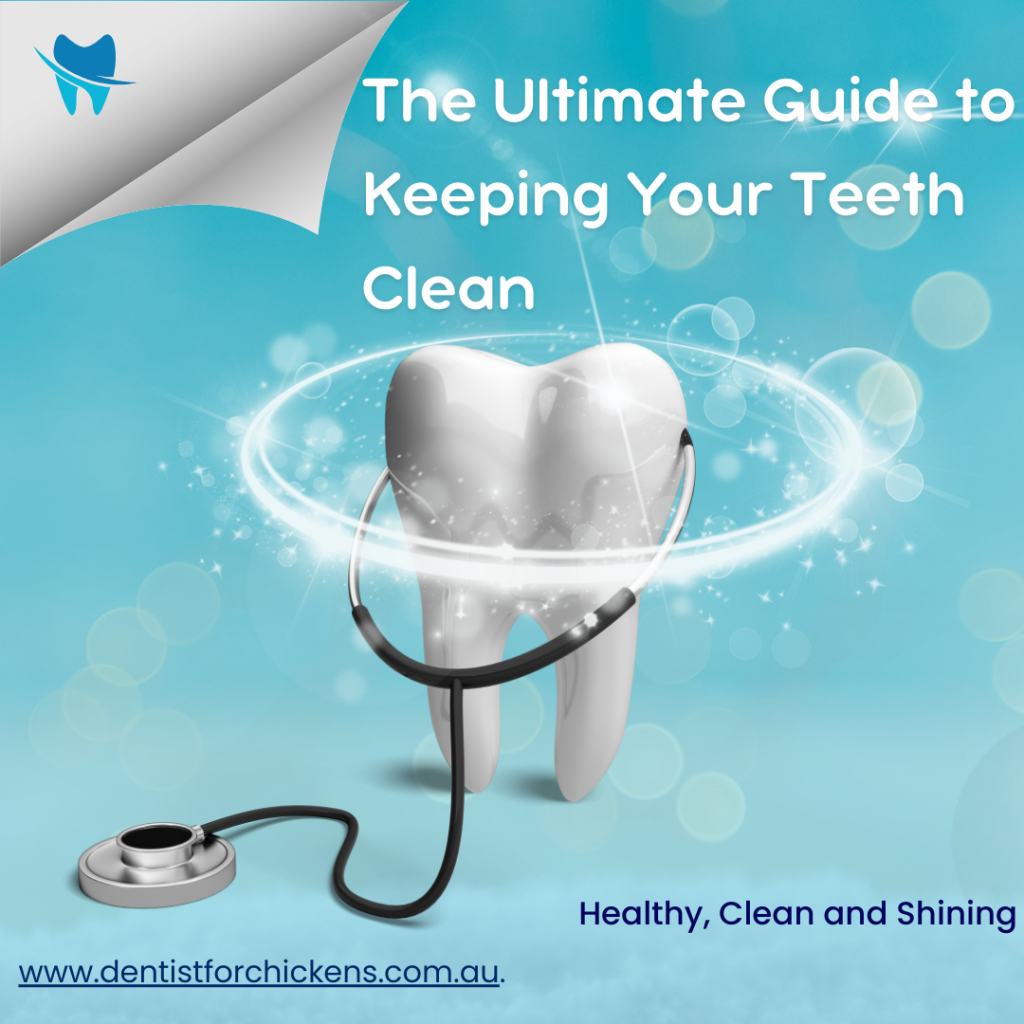
Maintaining good oral hygiene is crucial not only for a bright smile but also for overall health. A clean mouth reduces the risk of tooth decay, gum disease, and other oral health issues. This comprehensive guide will explore the top ways to keep your teeth clean and offer practical tips to maintain optimal dental hygiene.
Why Oral Hygiene Matters
Oral hygiene goes beyond just having white teeth. Poor oral health can lead to severe consequences like gum disease, tooth loss, and even systemic issues such as heart disease and diabetes. When we neglect our teeth, we’re inviting harmful bacteria to multiply, leading to bad breath, cavities, and more. Keeping your teeth clean is the first step toward a healthy body.
Common Mistakes to Avoid
Before diving into the best practices for oral hygiene, let’s explore some common mistakes people make:
- Brushing too hard: While brushing your teeth is vital, brushing with too much force can damage enamel and irritate gums.
- Using the wrong toothbrush: A toothbrush with bristles that are too hard can harm your gums. Opt for a soft or medium-bristle toothbrush.
- Not flossing regularly: Many people skip flossing, but it’s crucial for removing food particles and plaque between teeth.
- Brushing too quickly: A quick brush doesn’t effectively remove plaque. Aim for at least two minutes of brushing.
- Skipping regular dental check-ups: Regular visits to the dentist help detect problems early and ensure proper oral health.
Best Practices for Brushing and Flossing
Brushing and flossing are the cornerstones of a good oral hygiene routine. Here’s how to do it right:
Brushing
- Brush twice a day: Brushing in the morning and before bed ensures your teeth stay clean throughout the day and night.
- Use fluoride toothpaste: Fluoride helps strengthen enamel and prevents tooth decay.
- Use the right technique: Hold your toothbrush at a 45-degree angle to your gums and use gentle, circular motions. Ensure you brush all surfaces of your teeth, including the outer, inner, and chewing surfaces.
- Don’t forget your tongue: Bacteria can accumulate on the tongue, leading to bad breath. Brush your tongue gently or use a tongue scraper.
Flossing
- Floss daily: Flossing removes plaque and food particles from between teeth where toothbrushes can’t reach.
- Use the right technique: Take about 18 inches of floss, wrap it around your middle fingers, and gently slide it between your teeth. Curve the floss into a “C” shape around each tooth and move it up and down.
- Be gentle: Avoid snapping the floss into your gums, as it can cause irritation.
Benefits of Regular Dental Check-Ups
Regular dental check-ups are essential for maintaining oral health. During these visits, dentists can:
- Detect problems early: Dentists can identify issues like cavities and gum disease before they become severe.
- Perform professional cleanings: Even with regular brushing and flossing, plaque can build up in hard-to-reach areas. Professional cleanings help remove this plaque and prevent tartar buildup.
- Provide personalized advice: Your dentist can offer tips and recommendations based on your specific oral health needs.
The Role of Diet in Maintaining Oral Health
Your diet plays a significant role in your oral health. Here’s how to make healthier dietary choices:
- Limit sugary foods and drinks: Sugar feeds bacteria in your mouth, leading to acid production that damages enamel.
- Choose tooth-friendly snacks: Opt for fruits, vegetables, and nuts instead of sugary snacks. Apples and carrots can help clean teeth naturally.
- Drink plenty of water: Water helps wash away food particles and bacteria. It also stimulates saliva production, which is essential for oral health.
- Include calcium-rich foods: Calcium helps strengthen teeth and bones. Dairy products, leafy greens, and almonds are excellent sources of calcium.
Additional Tips for a Healthy Smile
In addition to brushing, flossing, and maintaining a healthy diet, consider these extra tips to keep your teeth clean:
- Use mouthwash: An antibacterial mouthwash can help reduce plaque and freshen breath.
- Chew sugar-free gum: Chewing gum stimulates saliva production, which helps neutralize acids and cleanse the mouth.
- Avoid tobacco products: Smoking and chewing tobacco increase the risk of gum disease and oral cancer.
- Consider dental sealants: Sealants are a protective coating applied to the chewing surfaces of back teeth to prevent cavities.
Conclusion
Keeping your teeth clean requires consistent effort and attention to detail. By following these tips and making oral hygiene a priority, you’ll be on your way to a healthier, brighter smile. Remember, regular dental check-ups are key to catching problems early, and a balanced diet supports your oral health. With the right practices, you can maintain a beautiful smile and enjoy the benefits of good oral hygiene for years to come.
